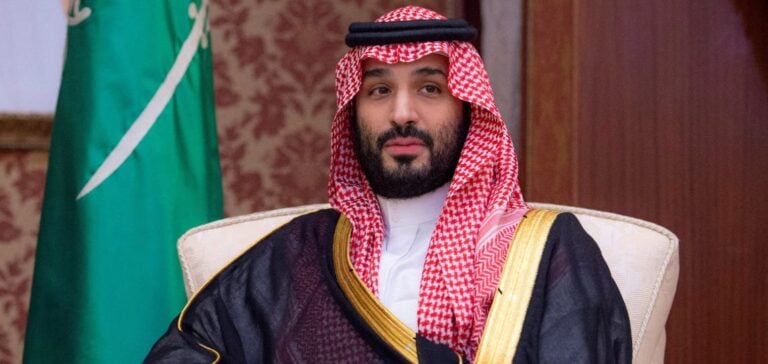Saudi Arabia, a country heavily reliant on oil revenues, launched its first carbon credit exchange platform on November 12 during the United Nations Climate Change Conference (COP29) in Baku. This initiative is led by Saudi Arabia’s RVCMC (Regional Voluntary Carbon Market Company) as part of its strategy to develop a voluntary carbon market.
RVCMC, primarily controlled by Saudi Arabia’s Public Investment Fund (PIF), aims to build a market infrastructure that will accelerate financial flows towards essential climate projects. RVCMC’s CEO, Riham ElGizy, highlighted the importance of a solid and integrated infrastructure to facilitate private sector participation in carbon credit trading. This approach aligns with the Vision 2030 plan, a strategic economic diversification program driving the kingdom to invest in renewable energies while achieving its carbon neutrality goal by 2060.
An Expanding Regional Market
The platform’s inauguration coincides with a carbon credit auction, involving 22 Saudi and international companies, offering 2.5 million credits certified by recognized organizations like Verra, Gold Standard, and Puro.earth. These carbon credits come from impactful projects mainly located in the Global South, including Bangladesh, Brazil, Ethiopia, Malaysia, Pakistan, and Vietnam. Such certification aims to ensure the quality and integrity of projects, crucial elements for trust in carbon offset markets.
A Shifting Global Context for Voluntary Carbon
This auction marks the third organized by RVCMC, following events in Nairobi and Riyadh in 2023, where 2.2 million tons of carbon credits were traded. With increased participation of Middle Eastern countries in the carbon market, especially Saudi Arabia and the United Arab Emirates, the region seeks to establish a carbon market hub. Intercontinental Exchange (ICE) recently announced its intention to collaborate with Middle Eastern companies to develop this market.
However, the voluntary carbon market is going through a challenging phase due to growing criticism over the quality of some credit projects. These concerns have affected liquidity and caused the price of offsets to drop. To restore confidence, new integrity initiatives are in development.
Carbon Credit Valuation by Commodity Insights
Carbon credits vary widely in value based on their origin and impact. Data from Platts, a service of S&P Global Commodity Insights, indicates a strong variability in credit values: CORSIA-eligible credits (Carbon Offsetting and Reduction Scheme for International Aviation) are valued at $16.75 per ton of CO2 equivalent, while credits linked to household devices and technological carbon capture reach $3.85 and $125 per ton, respectively. This diversity reflects the different types of environmental and social benefits associated with carbon credit projects.
Challenges for Carbon Credit Market Development
By launching this carbon credit exchange, Saudi Arabia strengthens its commitment to the energy transition and decarbonization, while aiming to position itself as a major player in the carbon market. The success of this initiative will depend on Saudi Arabia’s ability to attract investors and maintain high standards for projects funded through carbon credits, thereby helping to bridge the global climate finance gap.






















